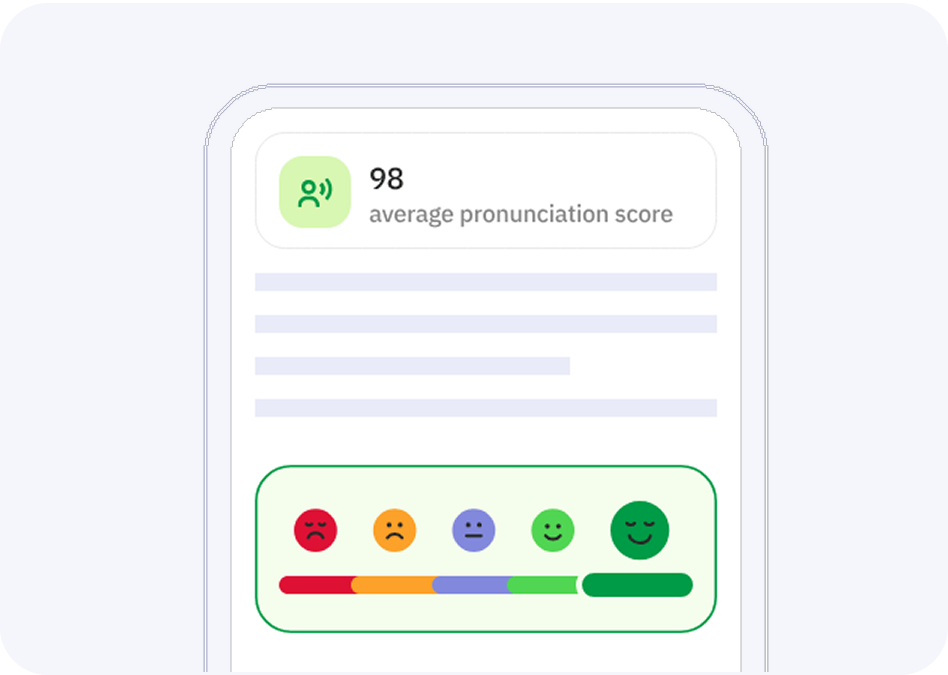Italian Vocabulary
Italian, known for its melodious and expressive qualities, is a language that enchants learners worldwide. Acquiring a robust Italian vocabulary is the cornerstone of mastering this romantic language, allowing you to engage more effectively in conversations, appreciate Italian literature and cinema, and even enhance travel experiences in Italy. In this guide, we will explore various aspects of Italian vocabulary and provide practical tips on how to expand your linguistic repertoire using modern tools like Talkpal AI and other effective language learning strategies.

The talkpal difference

Personalized Education
Every student has a distinct style of acquiring knowledge. Through Talkpal technology, we analyze the study patterns of millions of users concurrently to build highly effective educational frameworks. These insights allow us to fully customize the lesson plans for every single user based on their specific interests and needs.

Cutting-Edge Technology
Our main mission is to lead the way in providing a unique study experience for every person. We accomplish this by leveraging the most recent innovations in technology to ensure you get the best AI-driven guidance available.

Making Learning Fun
We have transformed the educational process into a delightful activity. Since maintaining motivation in an online setting is often difficult, we developed Talkpal to be immersive and exciting. The experience is so compelling that many users prefer improving their language skills with our app instead of playing video games.
LANGUAGE LEARNING EXCELLENCE
The most efficient way to learn a language
Try Talkpal for freeUnlocking the Beauty of Italian Vocabulary: A Comprehensive Guide
1. Essentials of Italian Vocabulary
Starting your journey with Italian vocabulary involves understanding some basics. From common greetings and essential phrases to numbers and everyday objects, beginning with these foundational words helps build confidence. Tools like Talkpal AI cater to beginners by focusing on these crucial elements, integrating them into real-life conversations that boost retention and practical usage.
2. The Role of Gender and Articles
Italian nouns are either masculine or feminine, and mastering their correct usage with corresponding articles (il for masculine and la for feminine) is vital. This fundamental aspect of Italian grammar affects everything from adjectives to verbs, influencing the overall sentence structure. Learning tools that offer contextual examples, like sentences or dialogues, can be incredibly beneficial for grasping these concepts clearly.
3. Expanding Vocabulary with Verbs
Verbs are the action drivers of language. In Italian, focusing on modi indicativi (indicative mood) verbs that cover present, past, and future tenses aids in managing most communicative situations. Platforms like Talkpal AI incorporate verb-based exercises that help learners practice conjugation and usage within various contexts, enhancing both vocabulary and grammatical skills.
4. The Power of Adjectives
Adjectives bring color and detail to your Italian conversations. Learning adjectives not only expands your vocabulary but also improves your ability to describe people, places, and emotions accurately. Tools like Talkpal AI provide adaptive learning paths that include adjectives and their agreements, which are crucial for matching the gender and number of nouns they describe.
5. Immersing Yourself in Thematic Vocabulary
Thematic vocabulary—focusing on specific topics like food, travel, or family—is a fun and effective way to enhance your Italian lexicon. Specialized vocabulary lists and thematic modules in learning apps can guide your study and make memorization easier. Look for resources that offer themed lessons tailored to your interests or upcoming travel plans.
6. Using Flashcards for Retention
Flashcards have stood the test of time as an effective memorization tool. Digital versions, including those integrated into apps like Talkpal AI, allow for spaced repetition—a learning technique that involves increasing intervals of time between subsequent reviews of previously learned material, thereby improving retention.
7. Engaging with Italian Media
Surrounding yourself with Italian media such as songs, films, news broadcasts, and literature can dramatically boost your vocabulary. This immersive approach helps you encounter words in context, which enhances understanding and retention. Identifying resources that provide comprehensible input suitable for your level can accelerate learning.
8. Social Learning and Conversation Practice
Engaging in conversations with native speakers or fellow learners is crucial. Tools like Talkpal AI often feature community learning environments where users can practice speaking and listening. These interactions encourage the practical application of learned vocabulary in new, dynamic contexts, which is critical for language acquisition.
9. Regular Review and Practice
Consistency is key when learning a new language. Setting a regular review schedule to go over new words and phrases helps solidify Italian vocabulary in your long-term memory. Integrating short, daily sessions using apps and other resources can keep the learning process manageable and fun.
10. Challenges and Games
Incorporating games and challenges into your learning regimen can make vocabulary acquisition more engaging and less daunting. Look for platforms that offer interactive games focused on word recognition, spelling, and usage, which can provide a break from traditional studying methods and inject fun into your educational journey.
By approaching Italian vocabulary with a structured yet flexible plan, utilizing innovative tools, and immersing yourself in the language’s culture, you’ll enhance your proficiency and enjoy the rich experience of learning Italian.
The most efficient way to learn a language
Try Talkpal for freeFrequently Asked Questions
What are some effective methods to learn Italian vocabulary?
How long does it typically take to learn basic Italian vocabulary?
What is the importance of learning Italian vocabulary for visiting Italy?
Can learning Italian vocabulary help in career advancement?
What are some common challenges in learning Italian vocabulary and how to overcome them?







